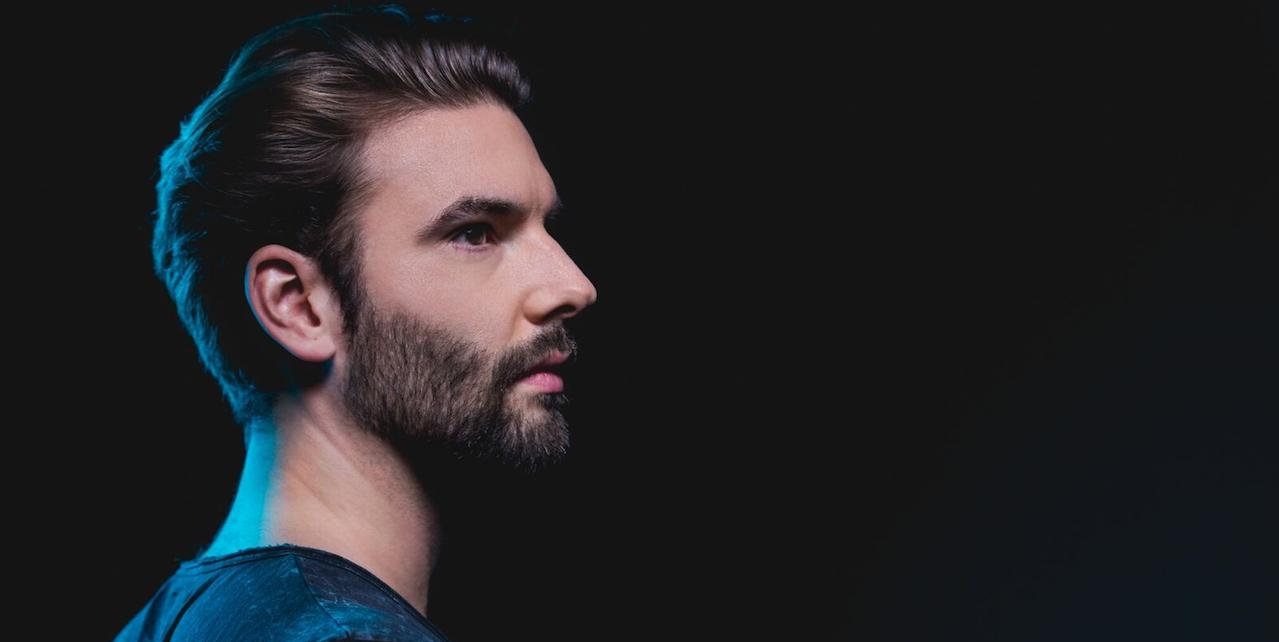A DJ from Rotterdam, Eelke Kleijn, started following his passion around 17 years ago. Today he writes music for TV series, commercials, movie trailers and keeps performing at festivals for large crowds as well as doing his radio show “Days like Nights”. We had a pleasant conversation and found out more about his creative way of working, his values in music and his methods for keeping up with the current pace of the world’s development.
MT: You said that with your recent album “Moments of Clarity” you are going back to your roots and experimenting with sounds and influences. What do you mean by that?
EK: I come from a progressive background and before that, even in the late 90s, trance music that’s always been very melodic. Sometimes the melodies would get in the way, a little bit, of the dance or, you know, sometimes simple is better for the dance floor. So, with “Moments of Clarity” I try to bring back all the melodies that I really love, but at the same time make it work on the dance floor. From the 12 tracks on the album, there’s nine that I’m able to play in my DJ set, and that was the goal that I set out for myself.
MT: Where do you get your inspiration, for the new music, from?
EK: I’m always jealous of people that, say like, “oh, I went for a run, and I had this idea for a song in my head” because it just never happens to me. I need to be in the studio and just mess around with stuff. Then one thing will lead to another. That’s how I make my music. Sometimes it does happen that I listen to something completely different, maybe a rock band or something else and there is something I really like in there, and then I try and incorporate something like that in my dance music. So, I get that inspiration from someone else’s music, like a little thing here, a little thing there, but in general for me, it’s being in the studio and putting in a lot of work.
MT: What do you do during a creative crisis?
EK: Yeah, that’ s… just get really annoyed with myself, I guess? I mean, there’s always moments where you’re just not really feeling it. It’s a tough thing, because sometimes if you push yourself and you keep on working, all of sudden, creativity can strike you, but at the same time, if it doesn’t then you waste the whole day making nothing, and you feel even more shit in the evening. So, a lot of times, if that happens, I’ve learned just to walk away and do something useful that makes me happy.
MT: Who is the genius DJ of today?
EK: That’s a hard one, very… there are a lot of different DJs and artists that I appreciate in different moments, but, if I must name one, I’d probably say Ryan Sullivan. He can go into all different areas, like, a little bit vocally a little bit house-y, a little bit progressive and just keep making it – like a cohesion thing. That’s what I really like, and I feel like I play a little bit similar, although he’s slightly more progressive. I build my sets in this same way, where I visit a lot of different genres and do a lot of different things. So yeah, I always appreciate his art.
MT: What are your main challenges as a DJ, given that technology, digitalization and the internet is in the game?
EK: There are a couple. I remember my first records were released 17 years ago or so. There was internet but, you were not influenced by everything as much. Everyone started working on their own little thing, and there wasn’t as much competition, either. The scene was relatively small back then, and you would meet like-minded people very easily. It was just a much smaller group of people making music and putting on songs. Nowadays it’s just overwhelming all the music that comes out, the number of people involved and things like social media and to keep up with all of that. So, I feel when I started out, it was mostly about being able to write music, and now that seems like that’s not even part of the equation. Now, it is more about being good on socials, and having a little bit of talent and having the right people work for you. It’s changed so much through the years but, essentially, I still believe that if you make really good music, you will get noticed. That’s the most important thing, and you have to keep believing that, otherwise, why do it at all?


